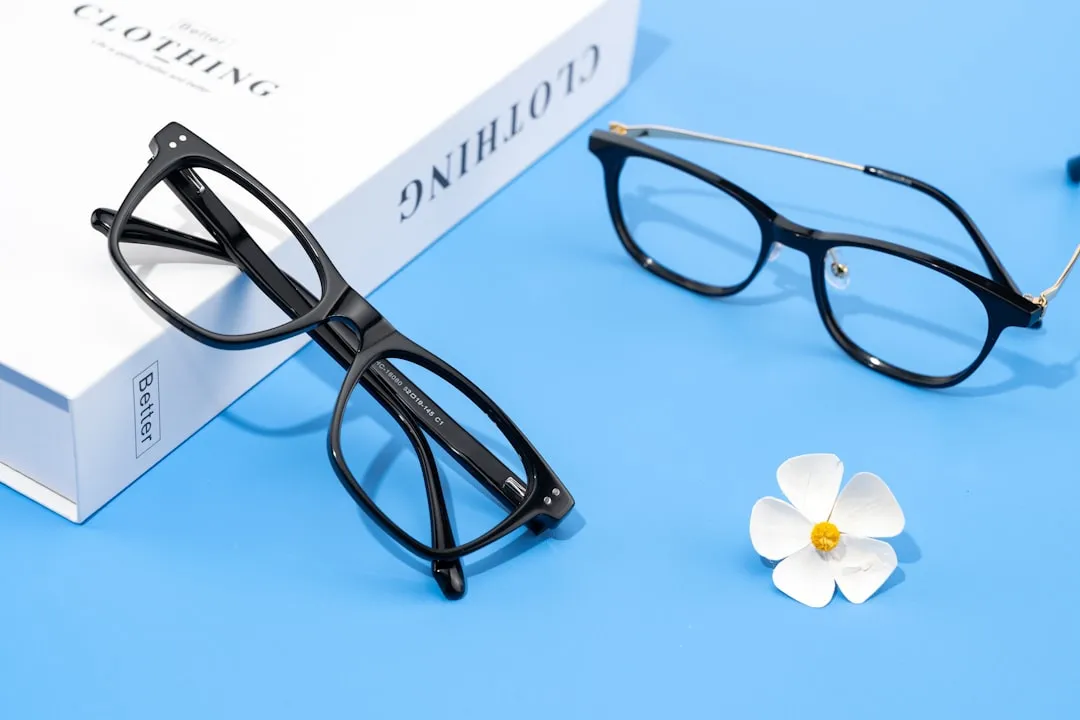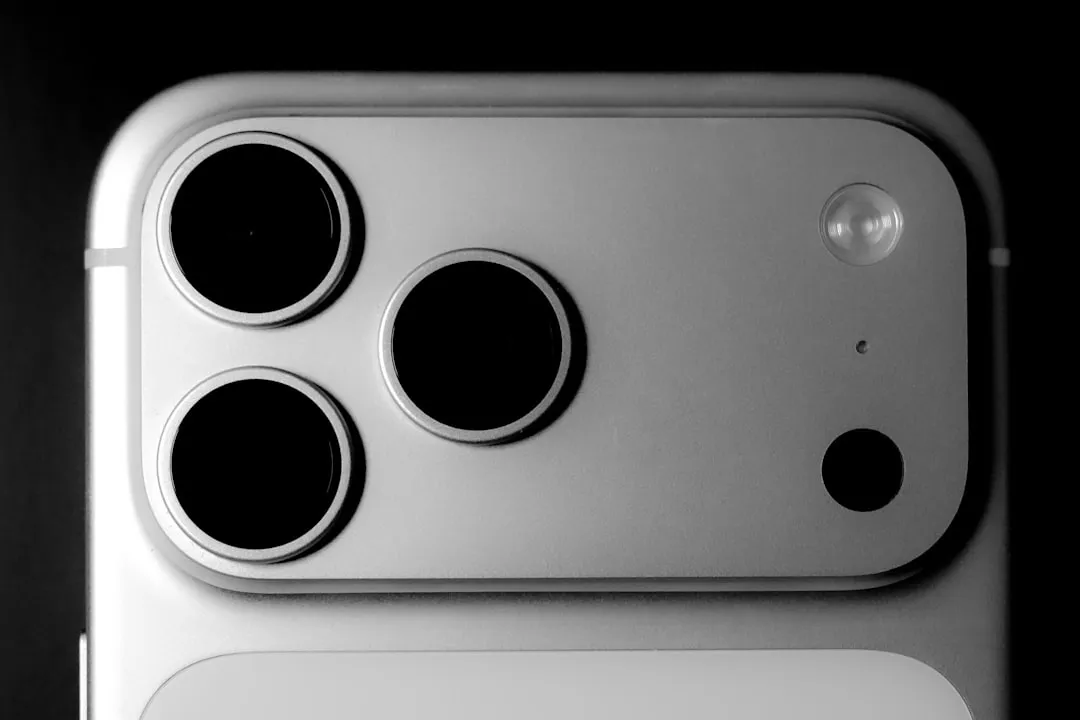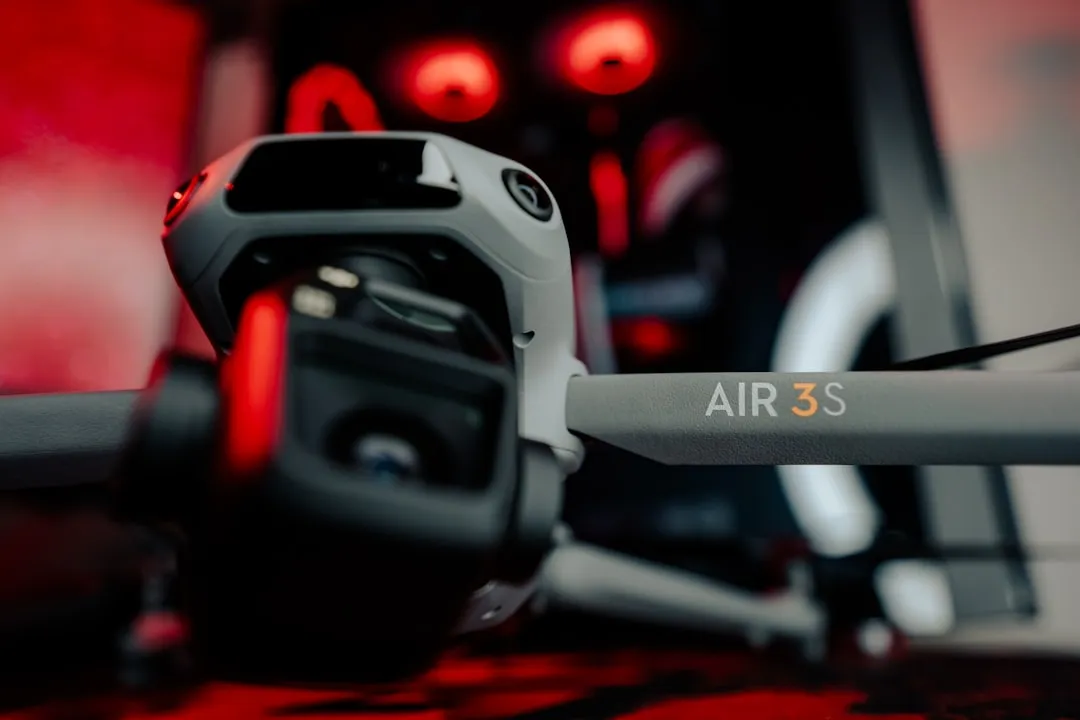In the wake of Apple and Google pitching augmented reality to schools, McGraw-Hill is stepping up its own augmented reality efforts for education.
On Tuesday, the publishing powerhouse announced a partnership with Alchemie, an educational app startup that gamifies learning, to develop augmented reality apps for college-level chemistry courses through a National Science Foundation research grant.
"Today's students want to engage with advanced technologies that make the learning experience more dynamic and effective," said Scott Virkler, chief product and operating officer for higher education at McGraw-Hill, in a statement. "As a global leader in digital learning, we're constantly searching for new ways to apply emerging technologies to drive more active learning and better learning outcomes."
- Don't Miss: Medivis App for Magic Leap One & HoloLens Lets You Study Human Anatomy in Augmented Reality
McGraw-Hill's intended outcome of the partnership is to integrate the resulting software into its existing platforms for educational institutions, namely its McGraw-Hill Connect and ALEKS learning platforms.
Overall, Alchemie appears to be a well-qualified partner to facilitate McGraw-Hill's augmented reality strategy. The startup already offers apps like ModelAR (available for iOS and Android), and Isomer AR (also available for iOS and Android), an app that enables students to explore the atomic building blocks of the universe in augmented reality.
"By creating mobile-enabled, game-based learning tools, we are providing an innovative method for students to succeed in some of the toughest courses in college," said Alchemie's CEO, Julia Winter. "Through this collaboration, McGraw-Hill and Alchemie will focus on researching how these tools can improve student learning in chemistry, and continue to address educational equity within STEM courses."
While Apple and Google are primarily focused on children's education, McGraw-Hill also faces challengers in the realm of higher education. Increasingly, developers have begun leveraging the HoloLens and the Magic Leap One to offer universities immersive courseware.
So far, augmented reality has yet to become a standard tool for educators, so McGraw-Hill still has room to catch up with its competitors in the tech realm. Therefore, considering that McGraw-Hill has been in the education business for more than 130 years, it's way too early to count the company out as an important, emerging player in the AR space.
- Follow Next Reality on Facebook, Twitter, Instagram, YouTube, and Flipboard
- Sign up for Next Reality's daily, weekly, or monthly newsletters
- Follow WonderHowTo on Facebook, Twitter, Pinterest, and Flipboard
Cover image via Alchemie/YouTube


























Comments
Be the first, drop a comment!